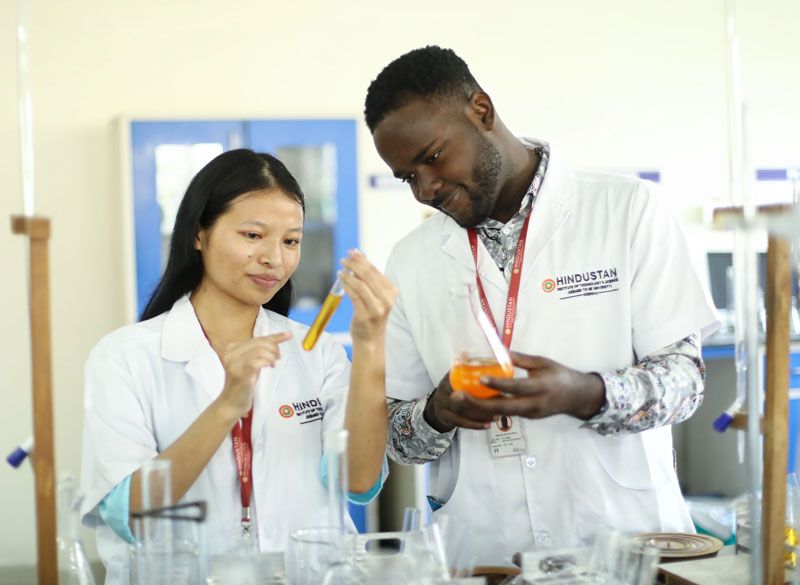Bachelor of Pharmacy is a four-year undergraduate degree that teaches students about drug synthesis, dosage formulation, analyzing the chemical nature and preclinical testing of new drugs. Apart from the technical aspects of Pharmacy, the B.Pharm course also talks about the marketing of pharmaceutical products and the patenting of new drugs.
